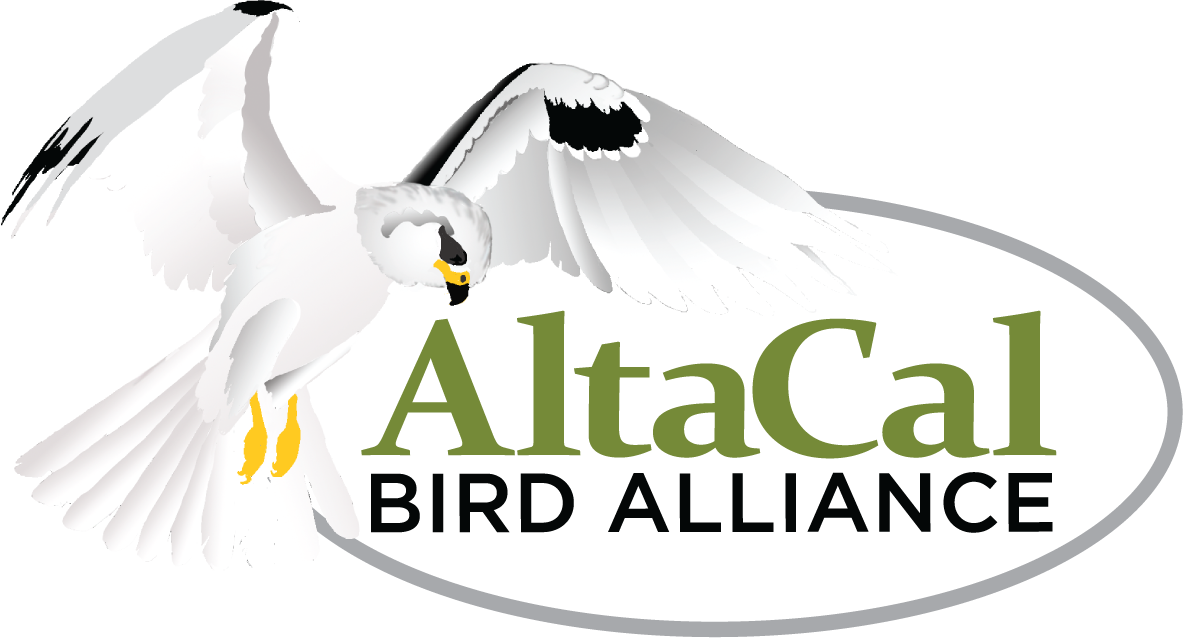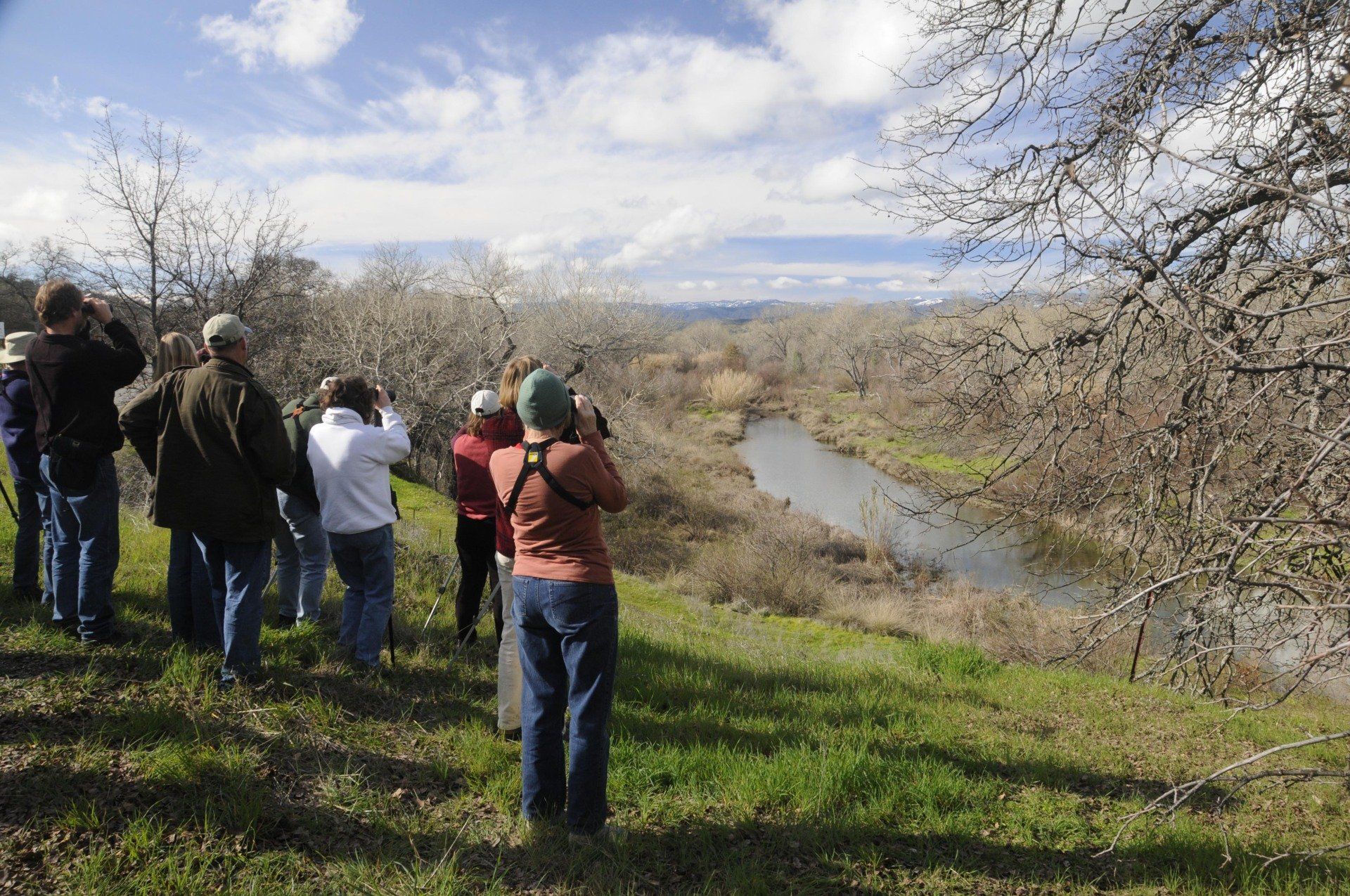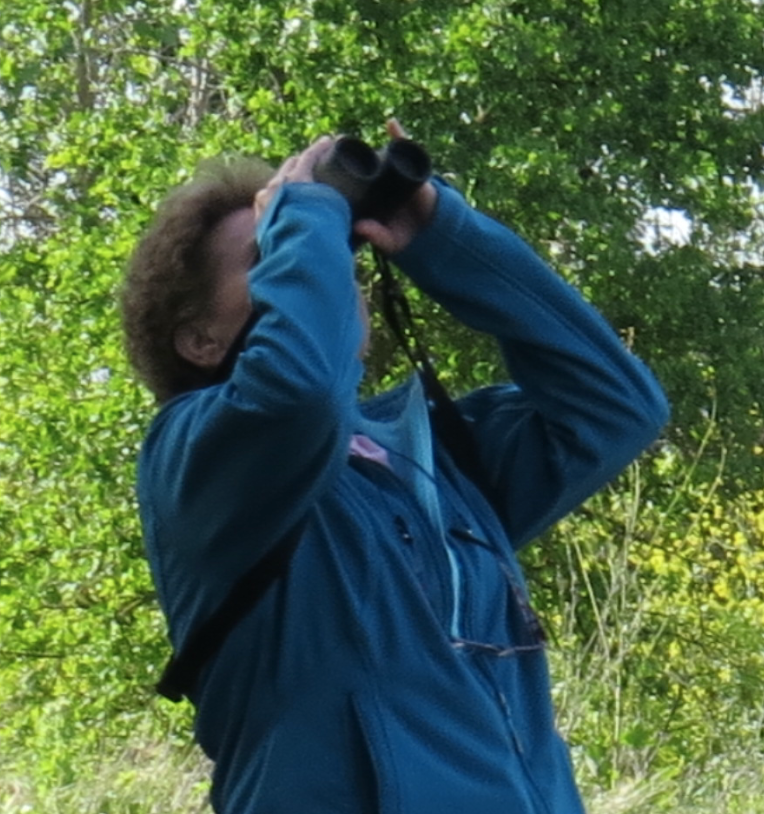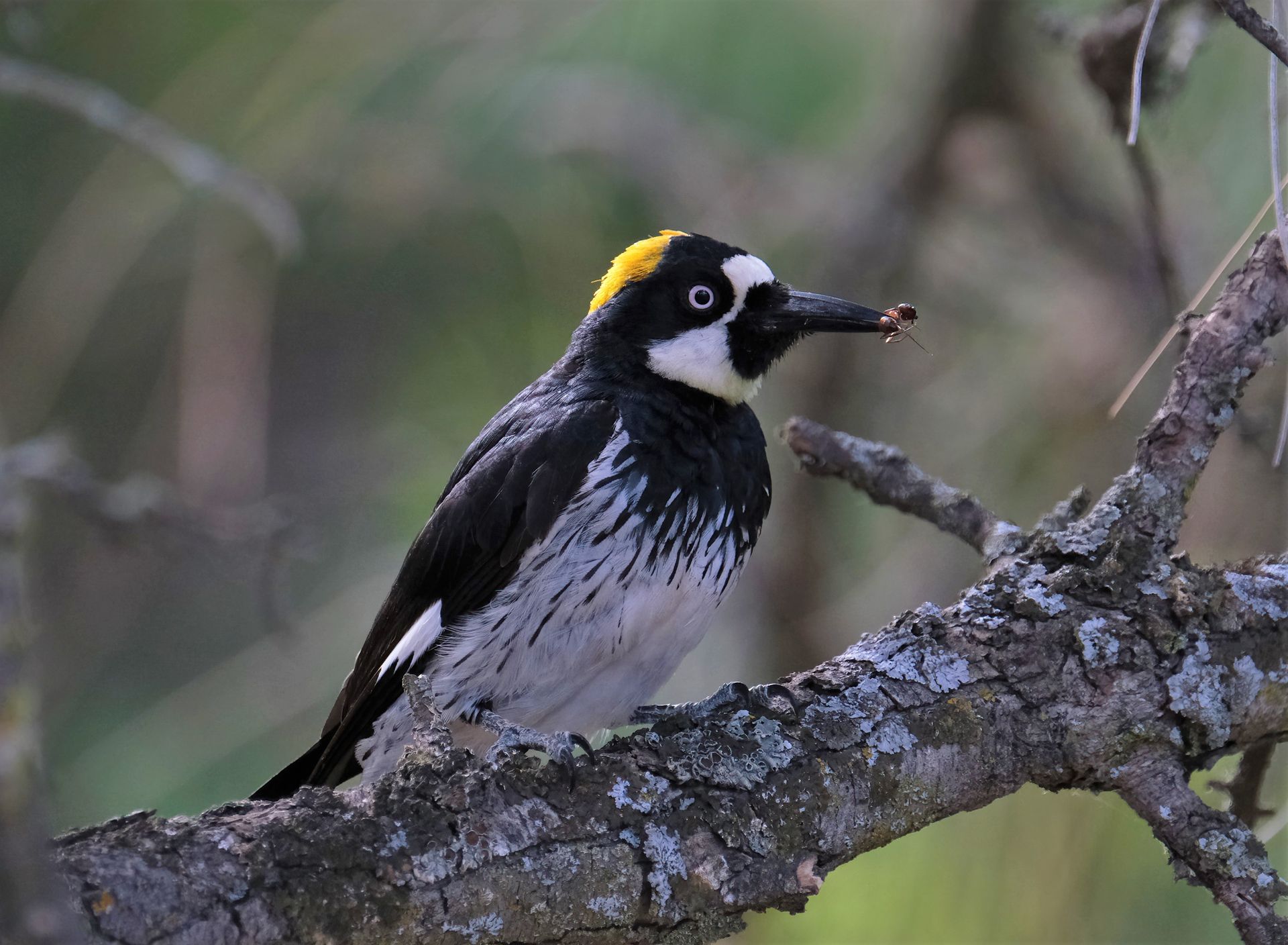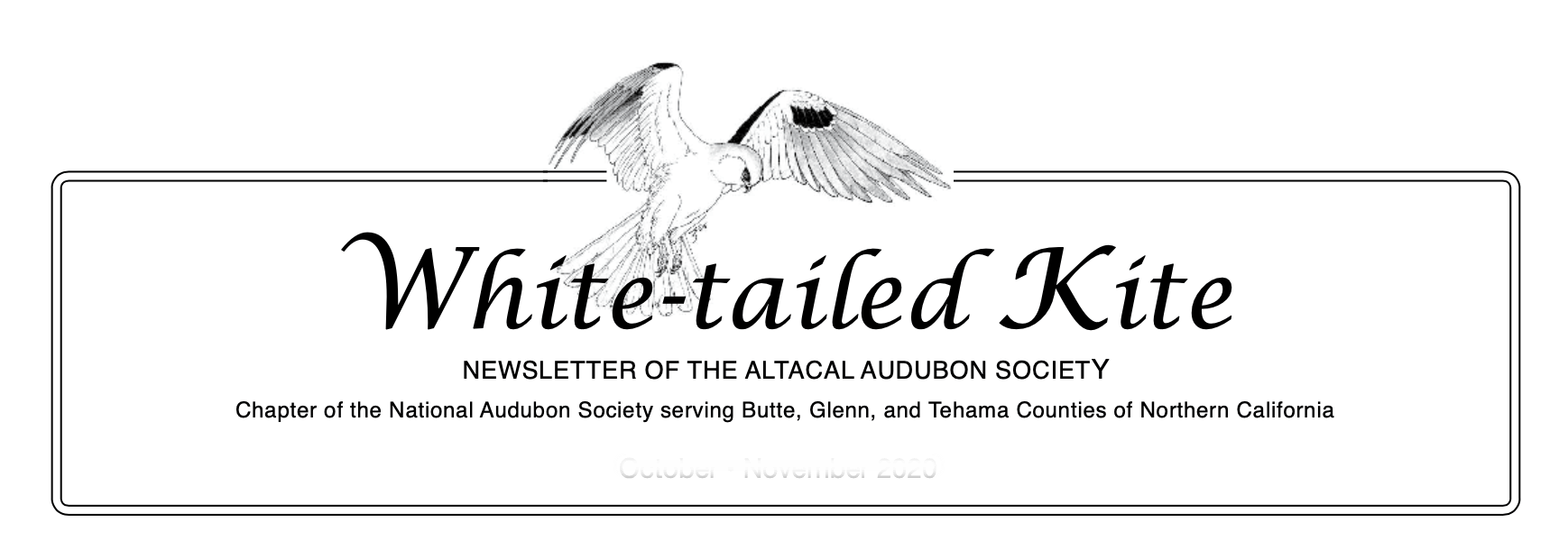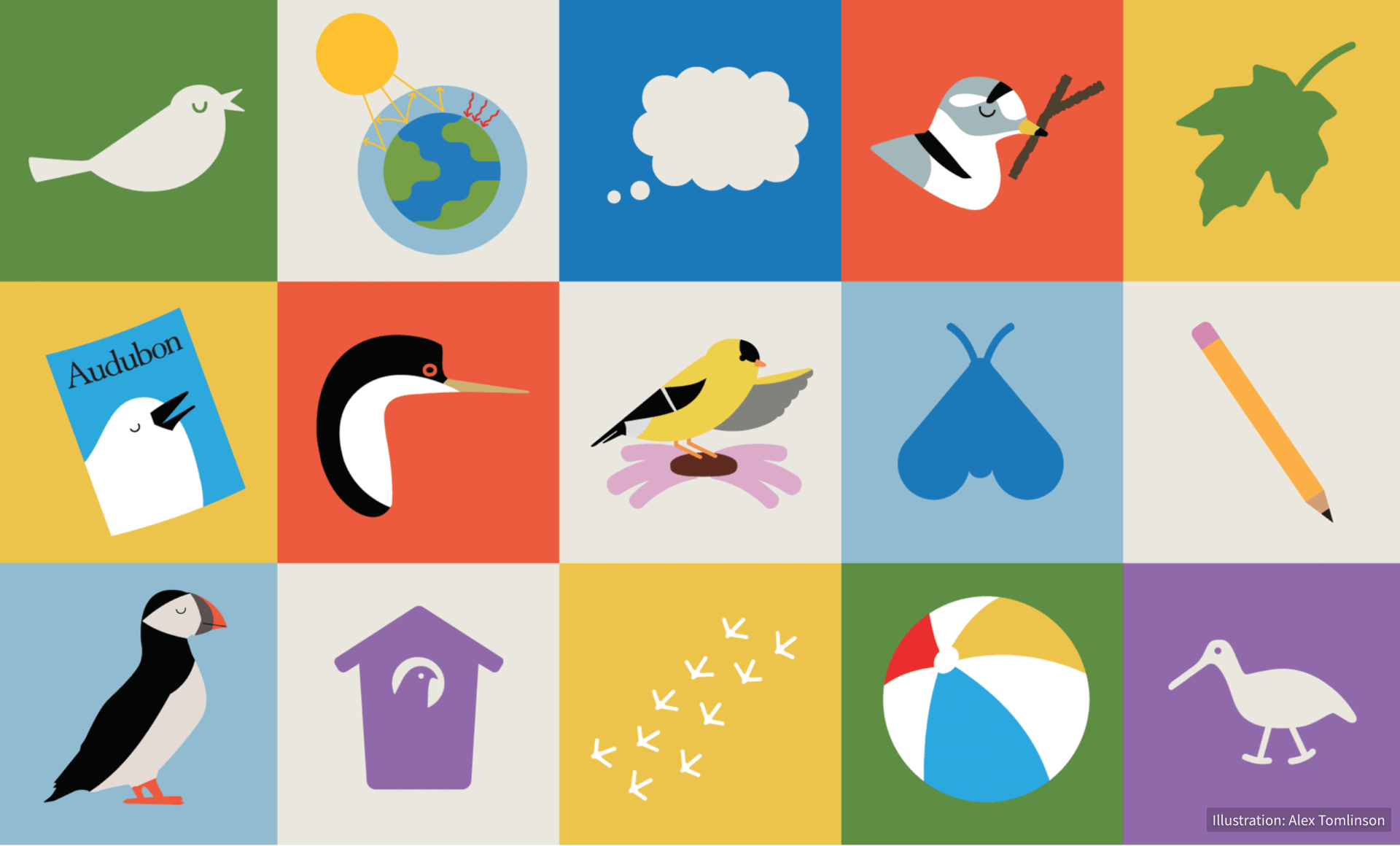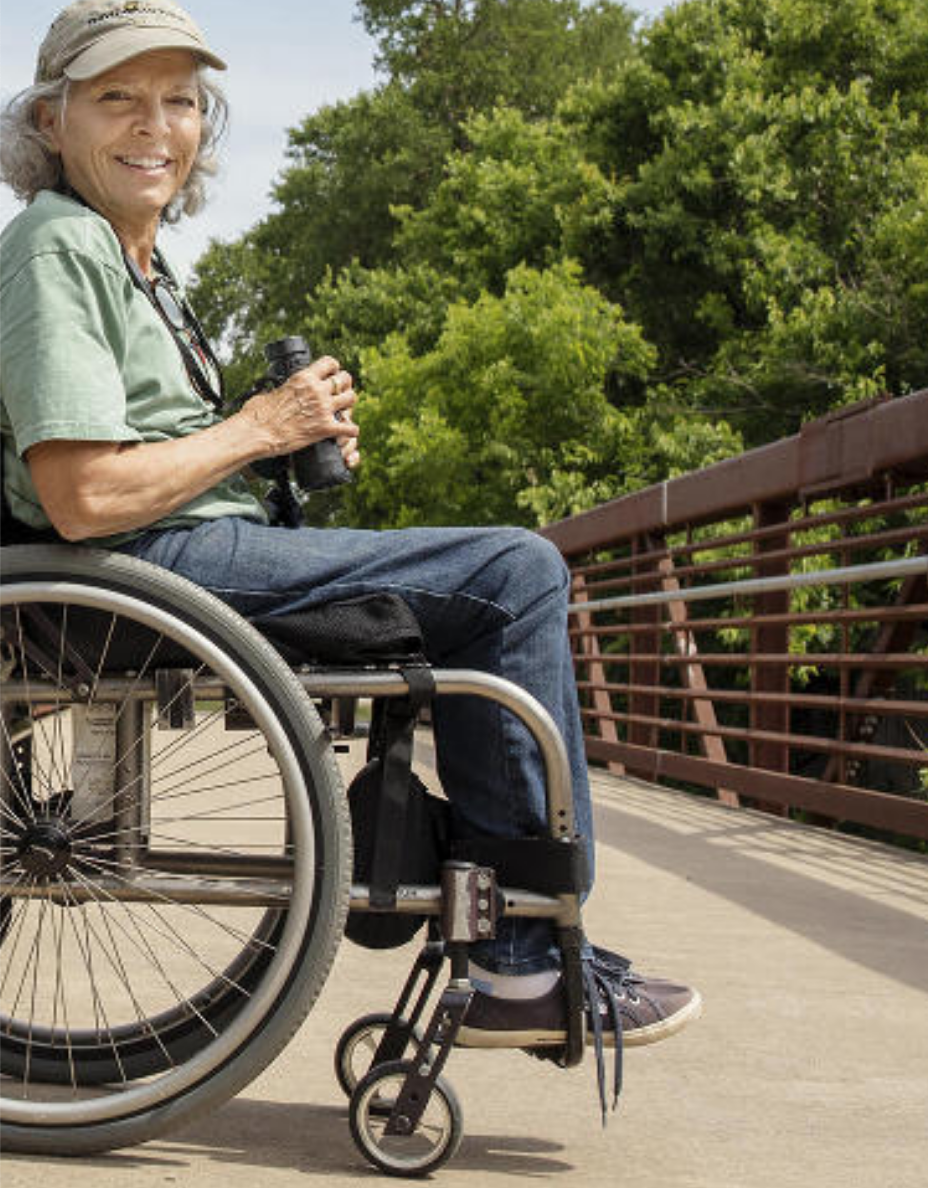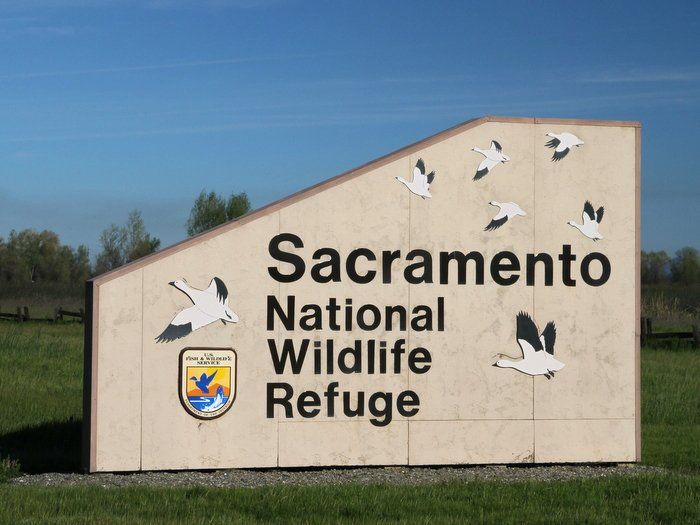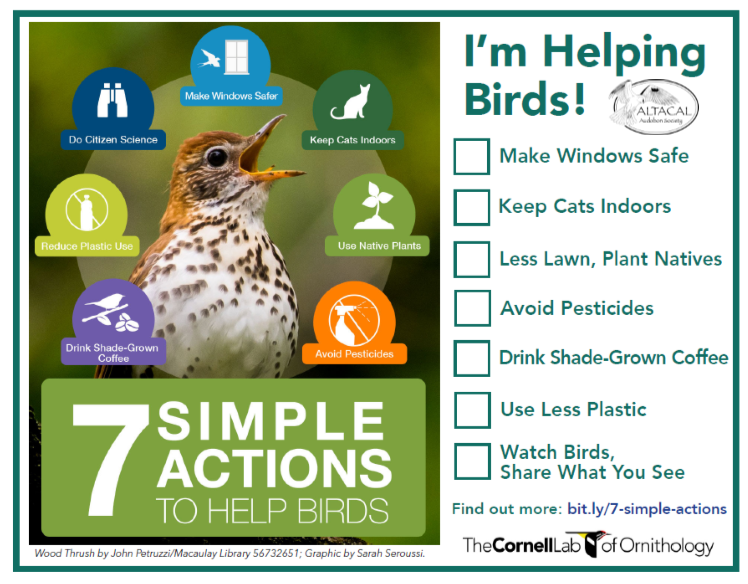Sacramento National Wildlife Refuge Complex Bookstore
Update: The bookstore has been closed while the new Visitor Center has been under construction. It is slated to reopen sometime in 2024!
AltaCal Bird Alliance and the Sacramento NWR Complex partnered together to open a bookstore at the refuge Headquarters south of Willows. Since the refuge is unable to receive money from the public for books and other items, AltaCal stepped up to be the fiscal sponsor. This wonderful bookstore has an awesome collection of field guides and other nature-related books, note cards, and clothing items. If you are visiting the refuge, stop by and purchase something!
All sales from the bookstore will go towards helping the refuge purchase items to improve the refuge, help bus school kids to the refuge, and to maintain the visitor center displays and education rooms. You can find them on Facebook
or their website.
BOOK REVIEWS
